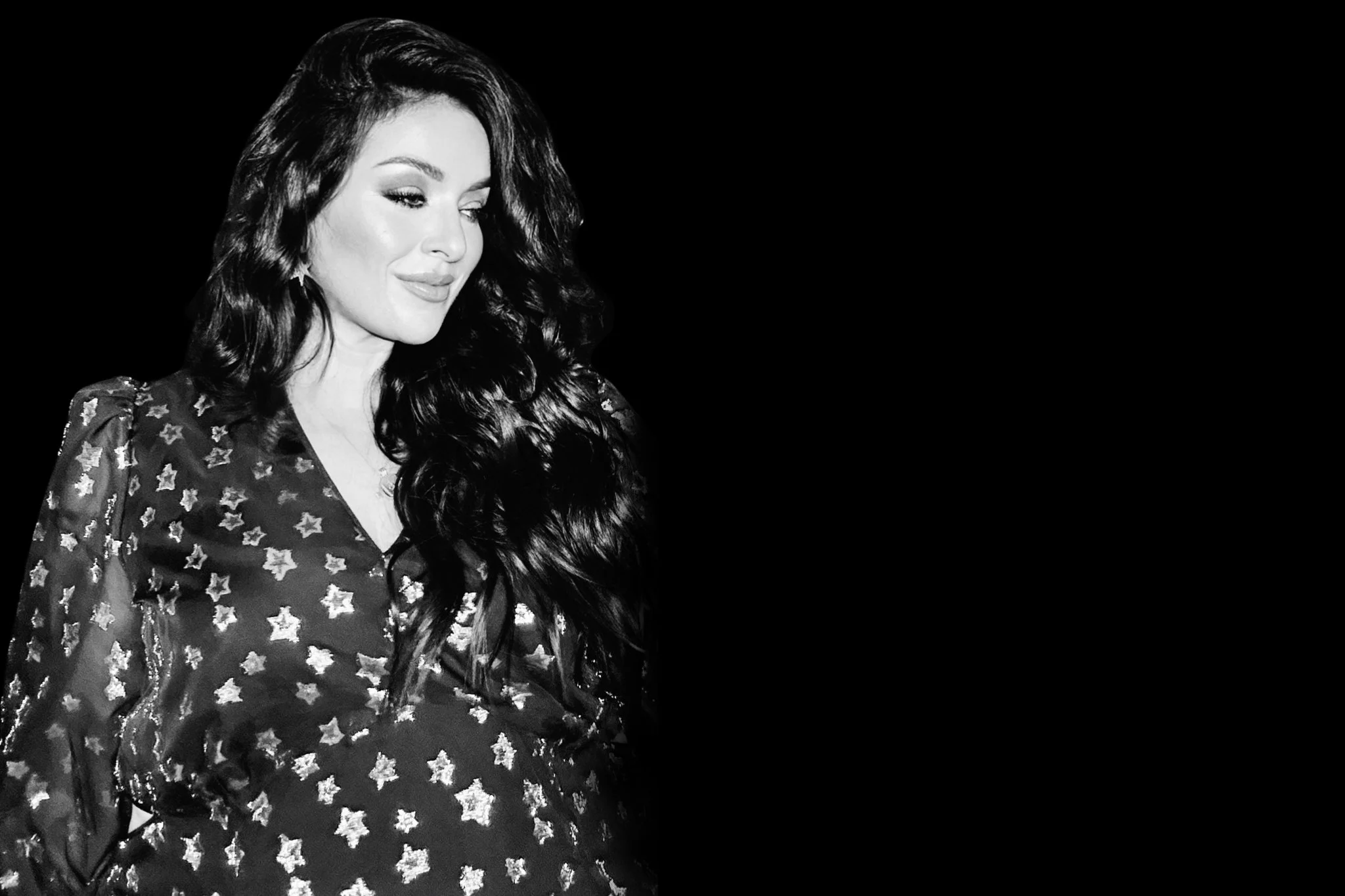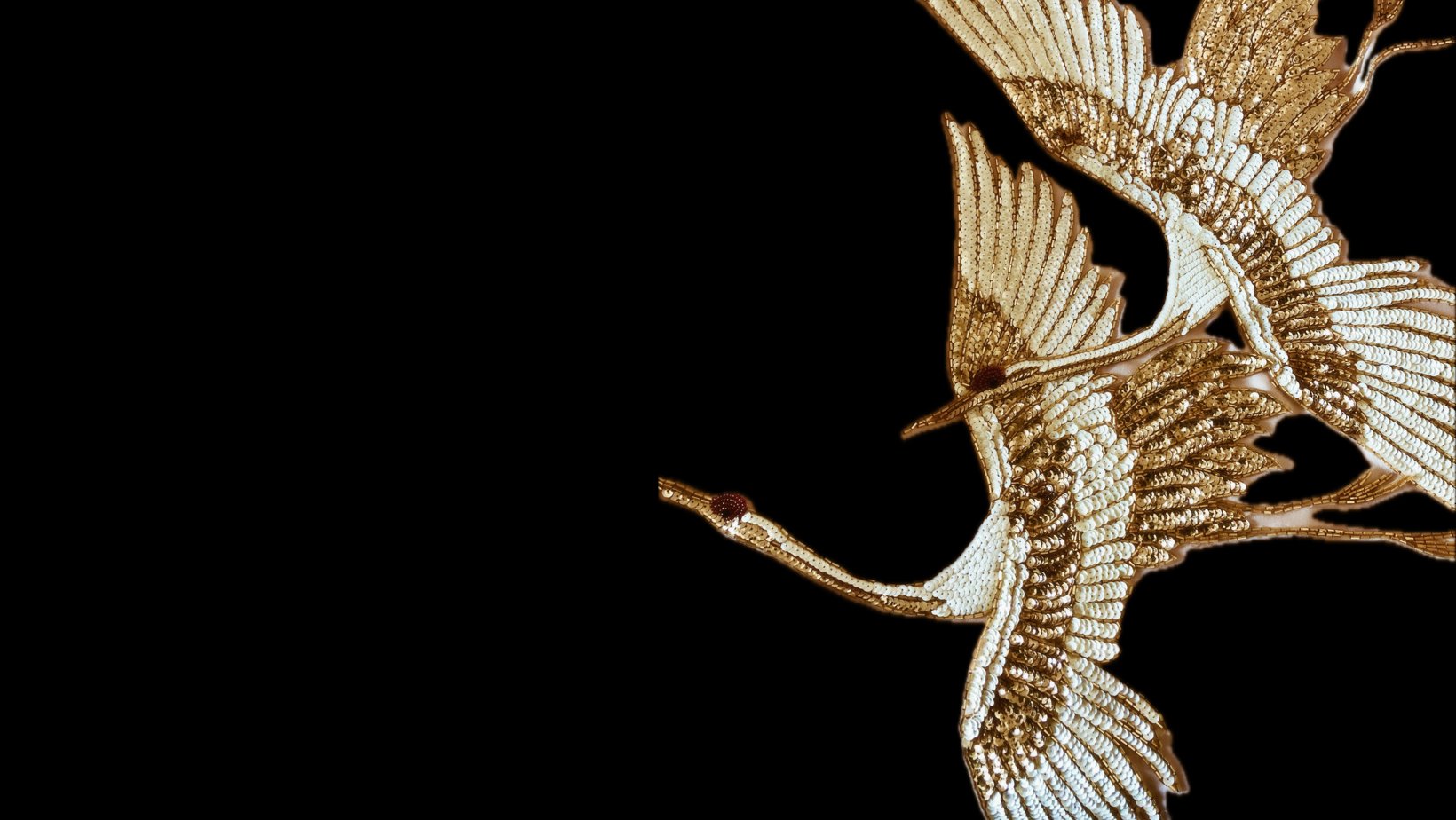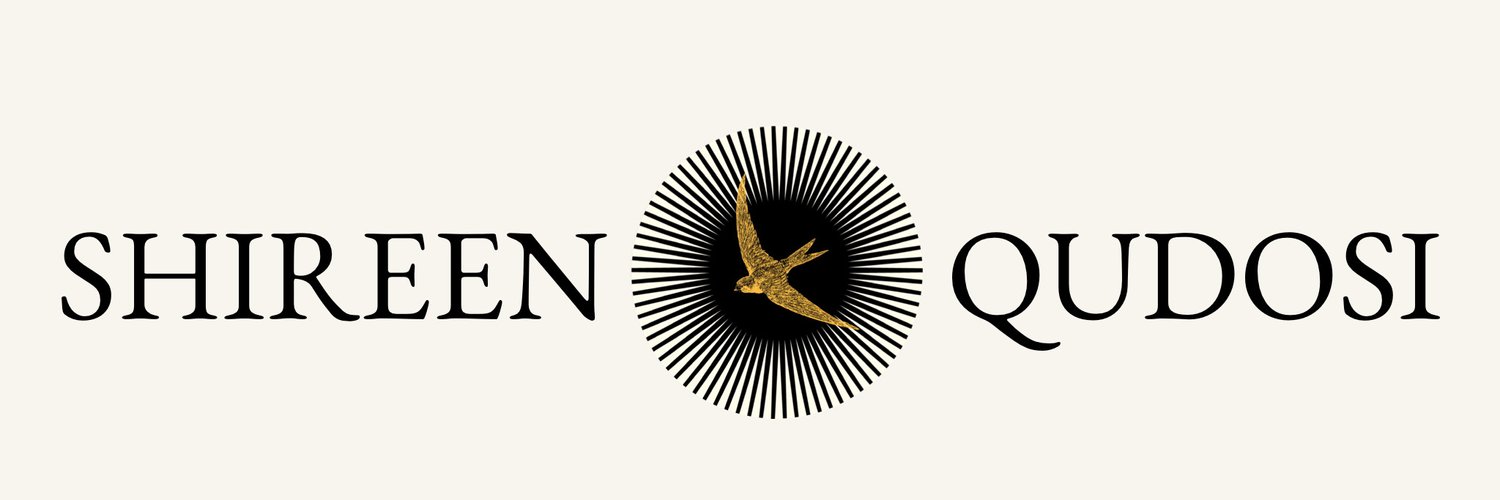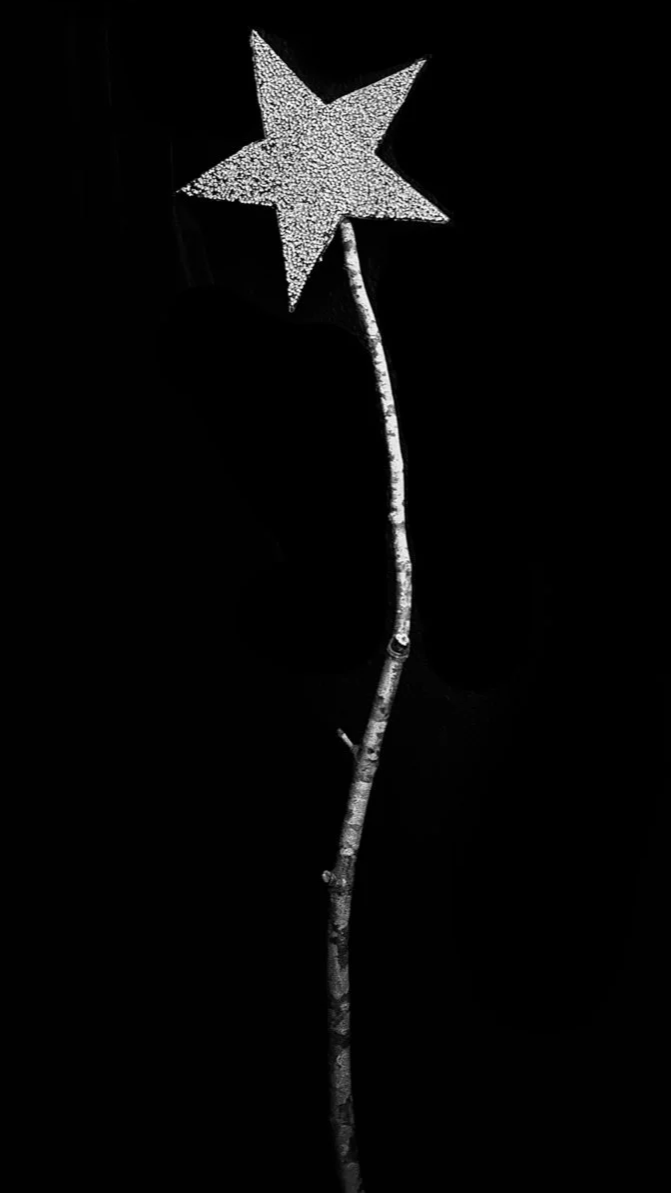After 22 years of studying REligious Extremism, I Discovered that Islam is a Seed Faith, and Our Task is to bury it in the mythological dark.
REVIEWS
“In an age of proliferating ideologies and increasing extremism, Shireen Qudosi’s book, The Song of the Human Heart: Dawn of the Dark Feminine in Islam, is more than timely. It provides a way of looking at reality that potentially encompasses everything, showing us how to move towards truth, and therefore the opportunity to reconfigure our world in a meaningful way. It’s about Islam, but also goes far beyond Islam to questions of belonging and faith itself, and what it means to be human—especially what it means to be a woman, and women’s role as mediators between the material and spiritual worlds. It’s an interweaving of memoir, story, mythical and theological analysis, spiritual revelation, poetry, and song, that is engaging and full of wisdom.” [Read more]
— Therese Doherty, Offerings From the Wellspring
EXCERPTS
“The dignity and majesty of what it means to be a woman is now simply treated like a rattle that’s shaken as noise whenever there is a protest to be made. We need and deserve the return of something greater, something powerful… Through the cracks, we fall into the abyss and the obsidian of night. Here, the realm of women can return to the territory of the Dark, into the cave of practitioners of an older magic who never forget that to be a woman was to be of the divine.”
“The sacred union, the most holy and sacred marriage any woman can have, is the ascension of her higher self into the depths of her shadows, and the rising of the shadow into the heights of our surface reality. The mystical phrase “as above, so below” is more than just the mirror of a celestial world to a material world; it is the sacred marriage of when the Dark meets the Dawn, when two fractional selves unite into one whole being.”
“Islam is submission to the wilderness of God. We find peace in our own willing submission to a wilderness that is lush with a metaphysical reality that breaks the laws of time to create hyper-realities that can compress a thousand nights into one. At every turn, Islam is speaking to a wondrous multi-dimensional reality. Islam is science futurism, speaking to us in a language that hasn’t yet developed and still cannot completely be understood by the human mind.”
REVIEWS
“By finding the sacred feminine in Islam — that heroic epic religion whose most famous advocates have always been males and warriors — Qudosi offers the possibility for substantial transformation in the nature of high culture of the Islamic world, similar to the shift in Islamic culture in the 12th century that brought Sufi Islam to the center of Islamic high culture. Such a shift may be possible again.” [Read more]
— Brad Patty, Ph.D. (Philosophy) / M.A. (History)
“A breathtaking journey into the wilderness of Spirit. An eloquently written, powerful story of a woman's courageous journey into the Dark, the intimate realm in Islam where faith is a fluid dance with mystery, where the soul resonates melodiously to the feminine aspect of divinity, and the Dark is beacon of light leading toward the fullest expression of humanity.” [Read more]
— Jim Di Peso

Into the wilderness of faith, where taboo becomes Islam’s most powerful testament to vulnerability
ARTicles
A Sanctum of Stone
Once upon a time, a rabbi told me to “crawl back into the cave you came from." The words became an invitation. What if I did crawl back into the cave I came from — what could that look like? [Read]
ON TIME AND TIDE
INVESTIGATIVE PROJECT ON TERRORISM: How the 34-Year-Old Fatwa Against Salman Rushdie Marks the Timelessness of the Islamist War Against the West. Reflections on the 22nd anniversary of the September 11th attacks.



